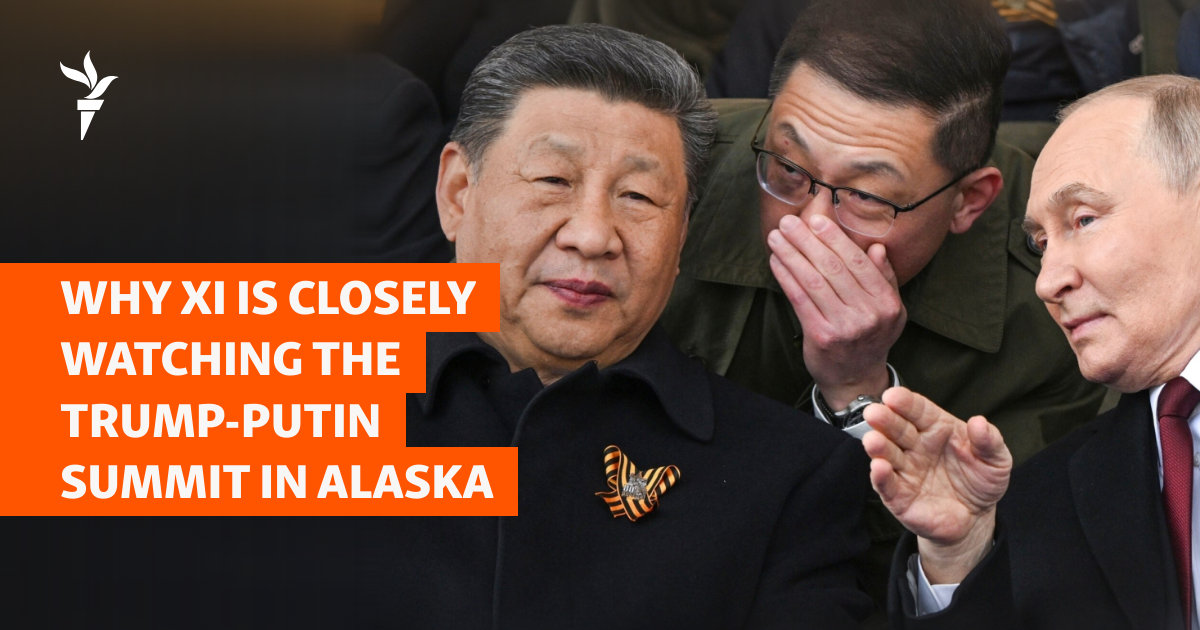For Xi, the Trump-Putin summit comes as Beijing and Washington are working to improve their own relationship, extending a 90-day negotiating window late on August 11 to reach a trade deal and reportedly preparingfor a high-profile summit between Xi and Trump in October that could potentially set the stage for an even broader agreement between China and the United States.
China has emerged as Russia’s strongest partner since Moscow’s full-scale invasion of Ukraine in 2022, boosting its economy with oil purchases, supplying its war-machine with dual-use products, and providing diplomatic backing on the world stage. And as Chinese Foreign Minister Wang Yi told EU foreign policy chief Kaja Kallas in July, Beijing can’t accept Russia’s defeat in Ukraine.
A summit between the US and Russian presidents with Ukrainian and European leaders absent after is validation in Beijing that its strategy and patience could pay off, Singleton says.
“Alaska isn’t about maps; it’s about precedents,” he said. “If aggression pays in Europe, deterrence discounts in Asia.”
Kyiv and its supporters are worried Putin could use the meeting to push Trump toward supporting a deal that’s advantageous to Russia.
Several other moves in recent months have also been interpreted by China observers as conciliatory toward Beijing, including blocking the Taiwanese president’s plans to transit through the United States on the way to a diplomatic tour of South America and canceling a meeting between US officials and Taiwan’s defense minister in June.
“If Washington is perceived as ‘selling out’ Ukraine, Beijing will learn a simple lesson: Coercion pays and costs are containable,” Singleton said.



China will see if it can get some freebie American island territories from Trump if they try occupying Taiwan.